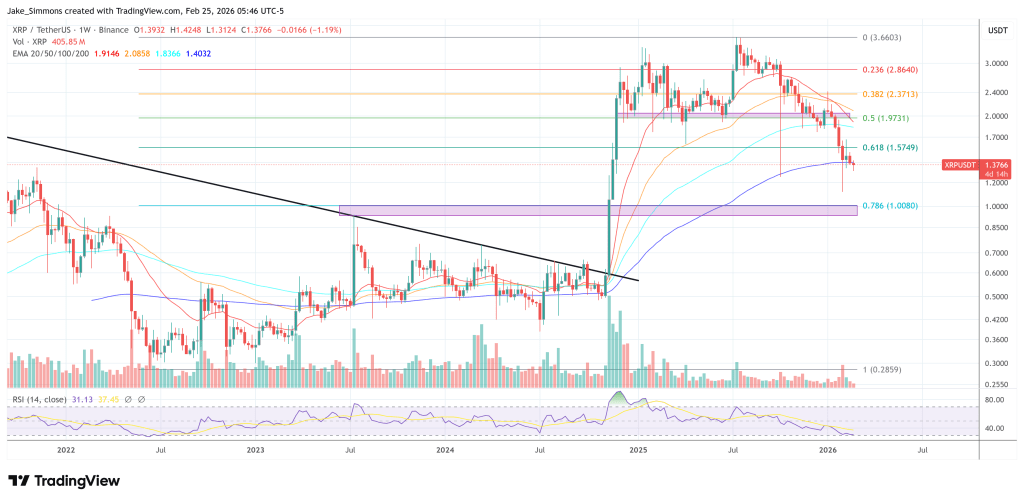The recent surge in central bank digital currency initiatives worldwide marks a pivotal moment in the evolution of global finance. The 2023 BIS survey on CBDCs and crypto reveals a landscape where 94% of surveyed central banks are actively exploring the potential of CBDCs. This movement is not just a technical endeavor but a profound shift towards reimagining the very foundations of monetary systems, driven by a diverse array of approaches tailored to unique national contexts.
Central banks in advanced economies (AEs) and emerging market and developing economies (EMDEs) are charting different paths in their CBDC journeys, reflecting varying priorities and challenges. The survey highlights a significant uptick in wholesale CBDC experiments, particularly in AEs, which are leveraging their robust financial infrastructures to enhance efficiency and reduce transaction costs. In contrast, EMDEs view CBDCs as a gateway to modernize their financial systems and improve cross-border transactions, potentially leveling the playing field in the global economy.
At the heart of these initiatives lies a critical question: how can CBDCs be designed to balance innovation with the protection of user privacy? The Banco Central do Brasil (BCB) provides a case study in the complexities of this balance. As it rolls out the second phase of its Drex pilot, the BCB underscores that ensuring data privacy remains an "obstacle" that must be overcome before broader public testing can commence. This challenge is not unique to Brazil; it is a universal concern that underscores the delicate interplay between technological advancement and regulatory compliance.
The BIS survey reveals that while many CBDC features remain undecided, interoperability and programmability are key considerations for wholesale CBDCs. For retail CBDCs, features such as holding limits, offline capabilities, and zero remuneration are being carefully weighed to address concerns about financial stability and accessibility.
The broader implications of these developments extend beyond the technical realm. The global shift towards CBDCs signals a rethinking of the role of money in society. Central banks are not just experimenting with new technologies; they are fundamentally re-evaluating how money can be used to foster economic inclusivity, enhance financial stability, and promote sustainable growth. This transformation is particularly salient in EMDEs, where financial inclusion can have profound impacts on economic development and poverty reduction.
The regulatory landscape is also evolving in response to these changes. The survey indicates that about two-thirds of responding jurisdictions are developing frameworks to regulate stablecoins and other cryptoassets. This proactive approach reflects a growing recognition of the need to balance the benefits of digital innovation with the imperative to safeguard financial stability and consumer protection. The differing regulatory approaches between AEs and EMDEs highlight the importance of context-specific strategies that can adapt to the unique challenges and opportunities of each market.
Moreover, the rise of CBDCs is reshaping the geopolitical landscape of finance. As countries like China, with its digital yuan, and Brazil with Drex, advance their digital currency initiatives, the global dominance of traditional financial powerhouses is being challenged. This shift could lead to a more multipolar financial world, where a diverse array of digital currencies coexists, each reflecting the economic and political priorities of its issuing country.
In conclusion, the journey towards CBDCs is a complex and multifaceted process that is reshaping the future of money. The insights from the 2023 BIS survey illuminate the diverse approaches and varied speeds at which central banks are embracing this technology. As these initiatives progress, the world will witness a transformation in how money is conceptualized, utilized, and regulated. This evolution promises to bring about greater financial inclusion, enhanced economic efficiency, and a more resilient global financial system.
The broader narrative emerging from these developments is one of diversity and collaboration. Central banks worldwide are learning from each other's experiences, sharing best practices, and adapting innovations to their unique contexts. This collective effort underscores a fundamental truth: the future of money is not a singular path but a tapestry of interconnected journeys, each contributing to a more inclusive and dynamic global economy.
As we stand on the cusp of this new era, it is clear that the digital transformation of money will require ongoing dialogue, innovation, and regulatory foresight. The lessons learned from pioneering efforts like those of the BCB will be invaluable in guiding the global community towards a more integrated and equitable financial future.
This article was written by Pedro Ferreira at www.financemagnates.com.
You can get bonuses upto $100 FREE BONUS when you:
💰 Install these recommended apps:
💲 SocialGood - 100% Crypto Back on Everyday Shopping
💲 xPortal - The DeFi For The Next Billion
💲 CryptoTab Browser - Lightweight, fast, and ready to mine!
💰 Register on these recommended exchanges:
🟡 Binance🟡 Bitfinex🟡 Bitmart🟡 Bittrex🟡 Bitget
🟡 CoinEx🟡 Crypto.com🟡 Gate.io🟡 Huobi🟡 Kucoin.




















Comments